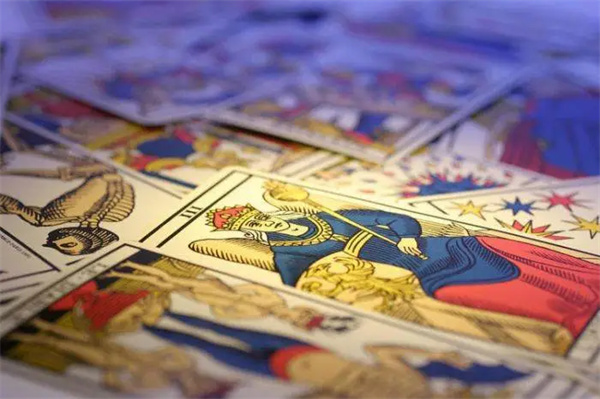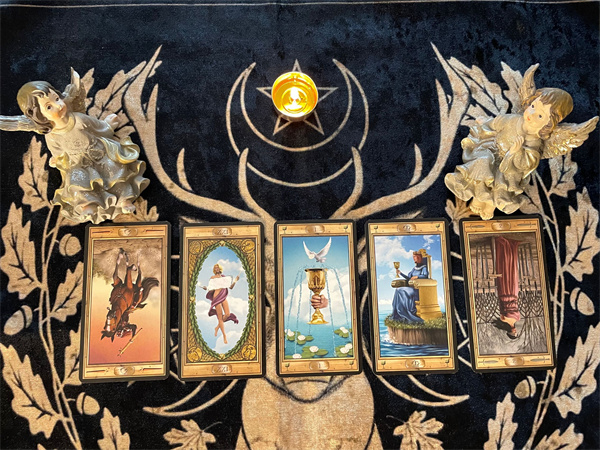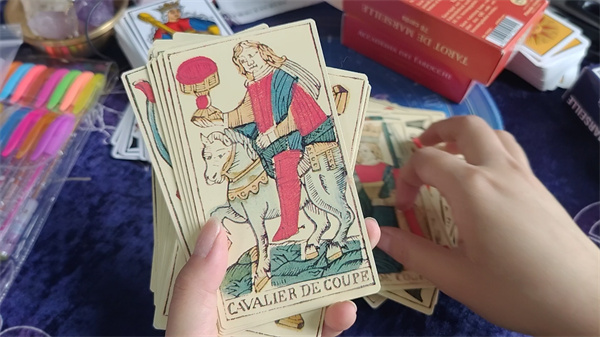The evolution of the tarot cards over the centuries is a complex and fascinating one. Its evolution has seen the cards transform from simple playing cards to powerful tools for divination and spiritual practice.

Here is the timeline of tarot cards:
14th Century: The earliest known decks of Tarot cards originate in Italy, likely as playing cards for games such as tarocchi, a popular card game during the Renaissance.

Late 15th Century: The Visconti-Sforza Tarot deck, one of the oldest surviving Tarot decks, is created in Milan, Italy. It features elaborate artwork and symbolism.
Late 15th to 18th Century: Tarot cards gain popularity among European aristocracy as a form of entertainment and as a tool for divination.
Late 18th Century: French occultist Antoine Court de Gébelin proposes that Tarot cards contain ancient Egyptian mystical knowledge and symbolism, sparking interest in the esoteric and occult aspects of Tarot.
Late 18th Century: French occultist Jean-Baptiste Alliette, also known as Etteilla, publishes the first Tarot card divination guidebook, further popularizing the use of Tarot for fortune-telling and esoteric purposes.

19th Century: Interest in Tarot cards spreads throughout Europe and the United States, particularly among occultists, mystics, and spiritual seekers.
Early 20th Century: British occultist Arthur Edward Waite collaborates with artist Pamela Colman Smith to create the Rider-Waite-Smith Tarot deck, one of the most popular and influential Tarot decks of all time. It features vivid imagery and symbolism, along with detailed guidebooks written by Waite.
Mid to Late 20th Century: Tarot experiences a resurgence in popularity during the New Age movement, with interest in divination, mysticism, and spirituality. Numerous new Tarot decks are created, each with its own unique themes and interpretations.
21st Century: Tarot continues to thrive in the digital age, with online communities, websites, and mobile apps dedicated to Tarot reading, education, and discussion. Tarot remains a popular tool for self-reflection, personal growth, and spiritual exploration for people around the world.